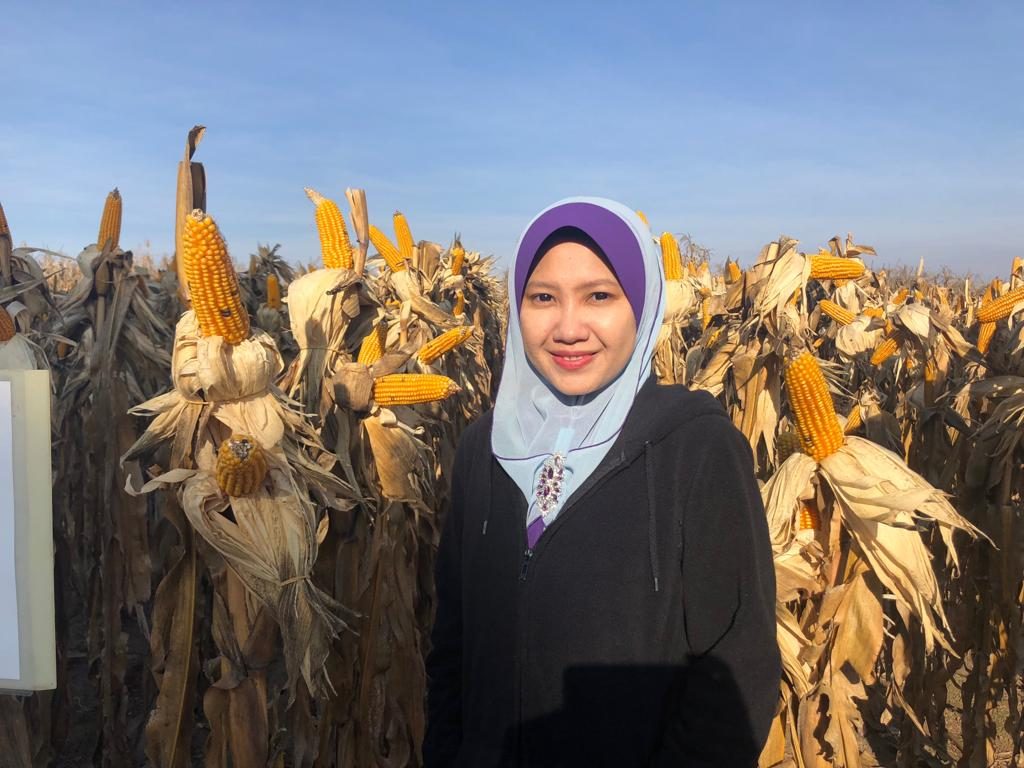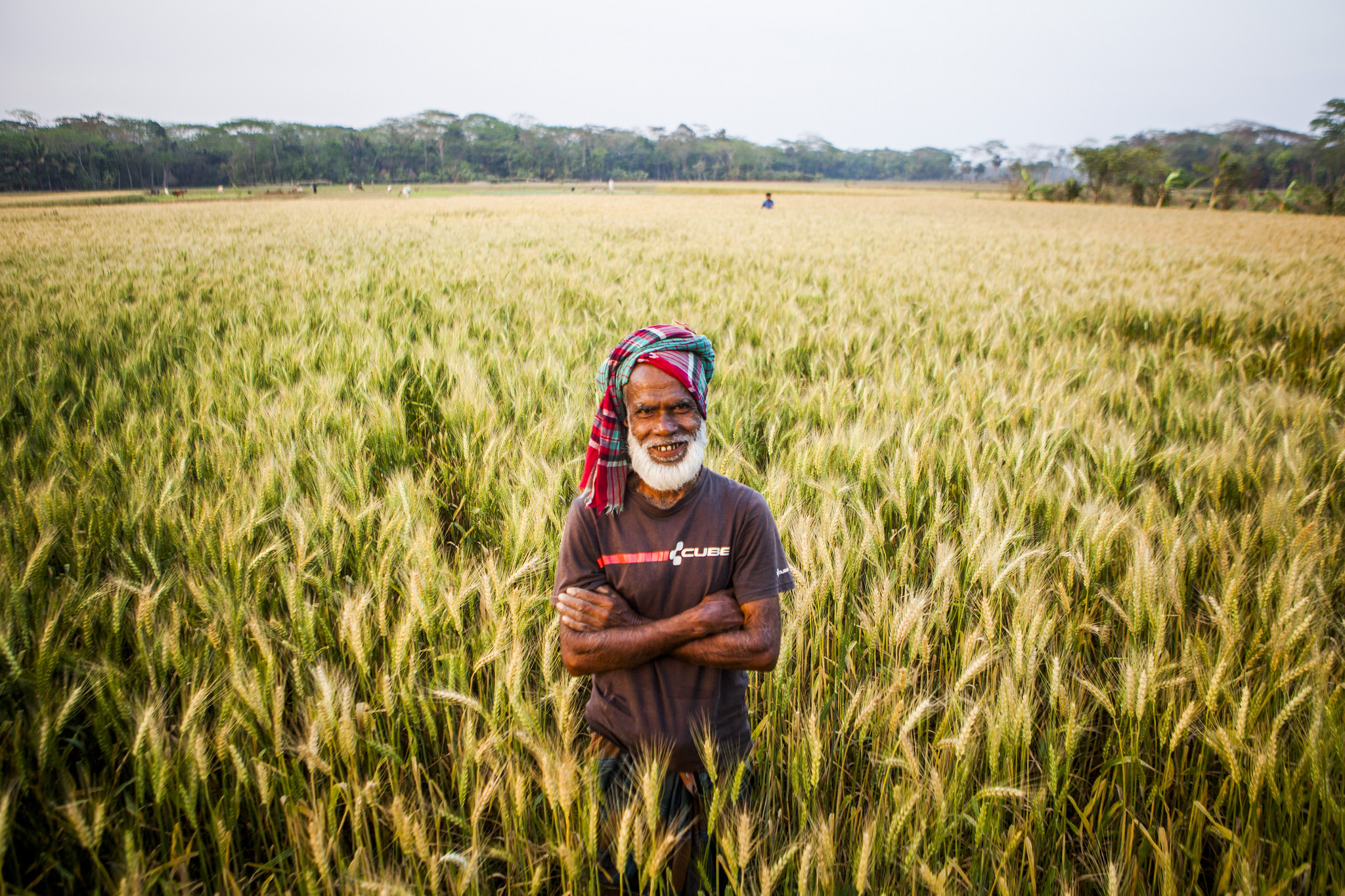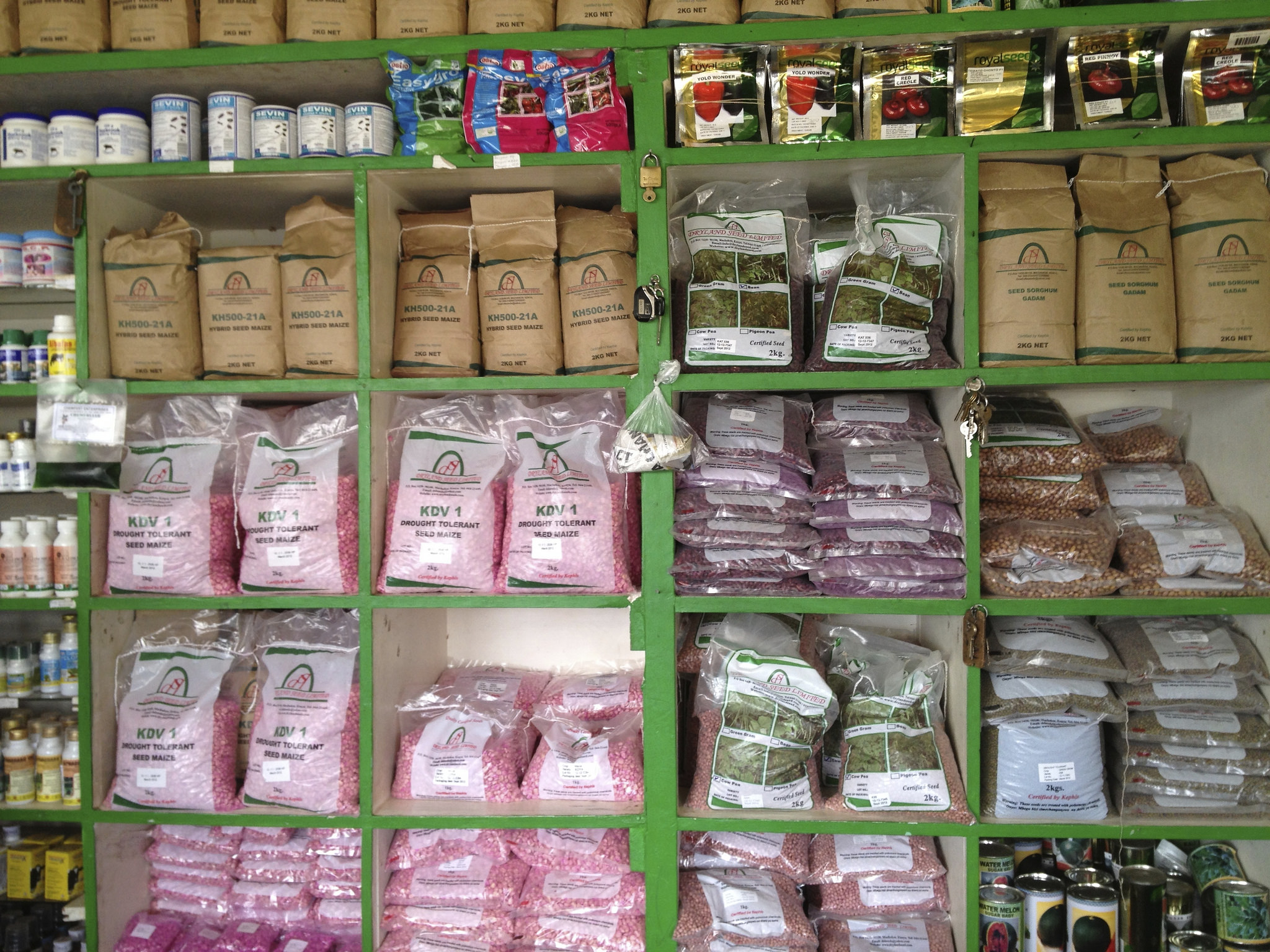
Fazleen Abdul Fatah credits a number of factors for her interest in agricultural research, from a childhood spent in a small town in one of Malaysia’s main rice farming areas, where the neighborhood revolved around agriculture, to supporting lecturers and professors who encouraged her interests during her undergraduate studies. “My experiences as an intern in the Philippines and visiting commercial farms in Germany and Japan as a student also shaped my motivation to work in sustainable agriculture and rural development, and ultimately I’d like to be able to influence food and agriculture policy,” she says.
Now a senior lecturer in the Faculty of Plantation and Agrotechnology at Universiti Teknologi MARA (UITM) in Malaysia, where she specializes in agricultural economics, trade and policy. For the past three months she has been based at the global headquarters of the International Maize and Wheat Improvement Center (CIMMYT) in Mexico, where she is conducting research into food consumption patterns.
Having previously completed an internship with the International Rice Research Institute (IRRI) in the Philippines, Abdul Fatah was keen to gain more experience within the CGIAR system. After graduating from the University of Gottingen, Germany, with a PhD in Agriculture Trade Policy, her interest in the growing importance of maize and wheat in emerging economies prompted her to apply for a research opportunity at CIMMYT.
“I’m very interested in understanding how current shifts in food consumption patterns might affect the consumption of cereals in Indonesia and Malaysia.” Her previous research focused on the shift to cereals from food items such as meat, fish, or vegetables, but Abdul Fatah notes that few studies document shifts between cereals. “Rice is typically the main staple food crop for Malaysians,” she explains, “but changes in diets, incomes, and urbanization mean that people are shifting towards maize and wheat. What I’ve found more striking from my research is that in some areas people are actually consuming more wheat than rice, which means there are going to be some interesting decisions for policy makers to consider in the near future, especially in terms of import strategies.”
Abdul Fatah presented her initial research findings at CIMMYT, where she updated colleagues on her efforts to analyze consumption patterns for major cereals in 11 developing countries in Africa and Asia using government household surveys and World Bank datasets. She hopes to continue this line of research once she returns to UITM and is currently working on a paper based on case studies from Indonesia and Malaysia.
You can read more research from CIMMYT on shifting food consumption patterns in Asia in “Changing Food Consumption of Households in Developing Countries: A Bangladesh Case.”

 Nutrition, health and food security
Nutrition, health and food security 